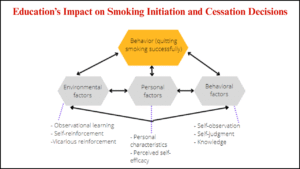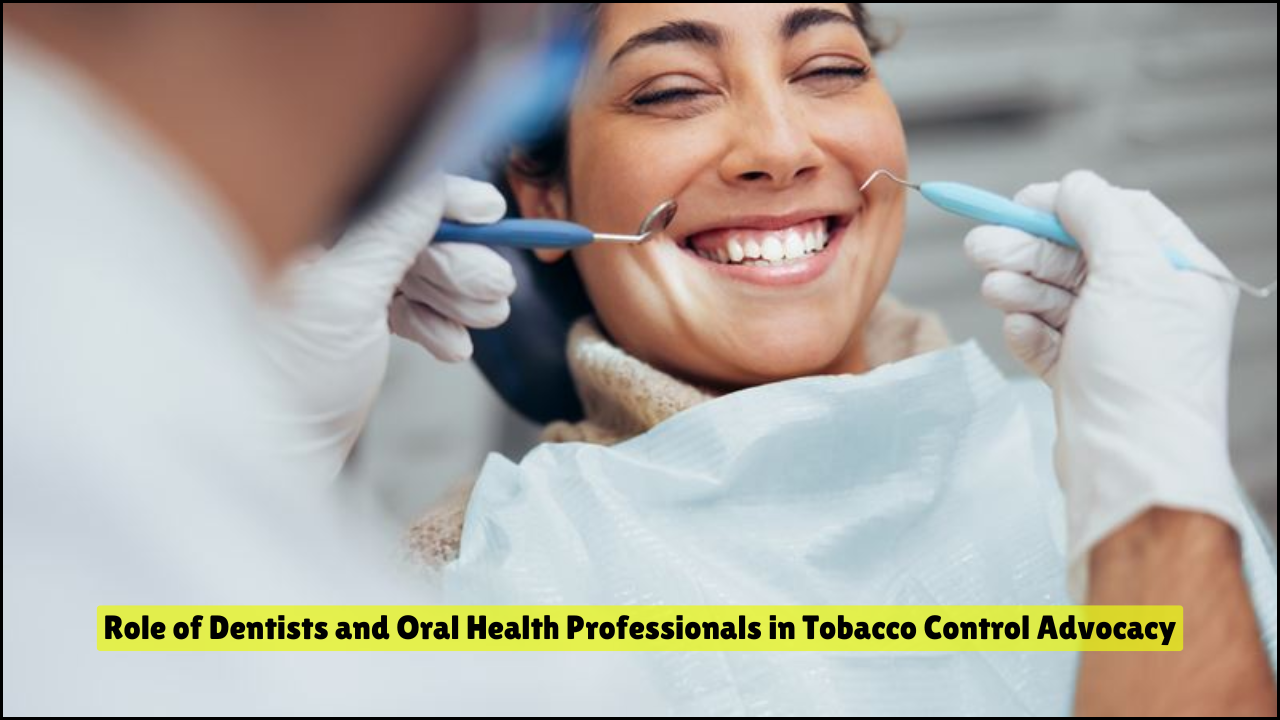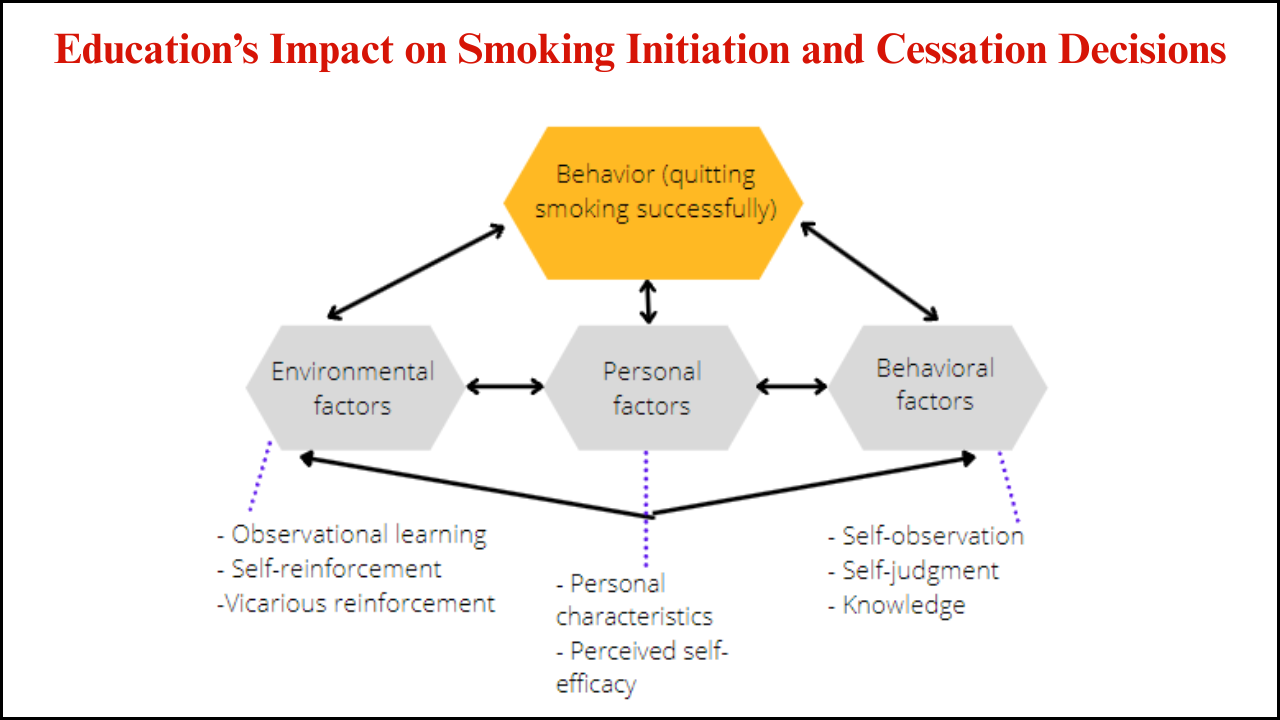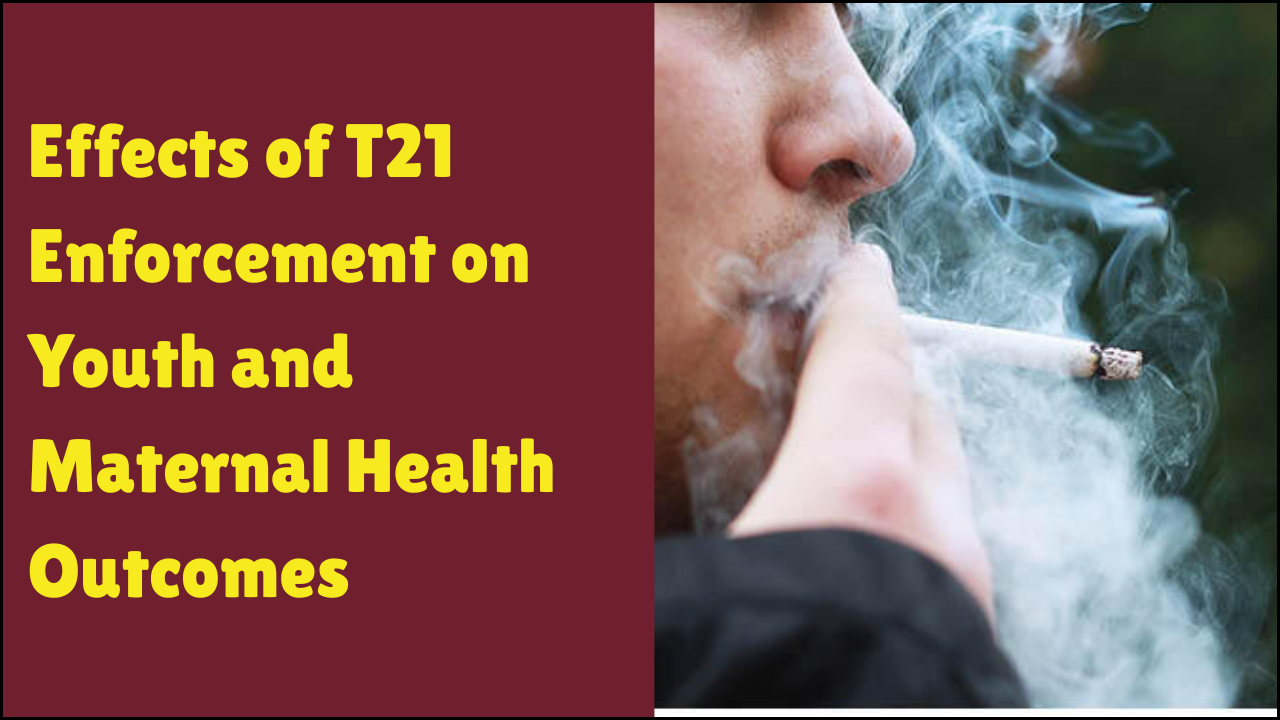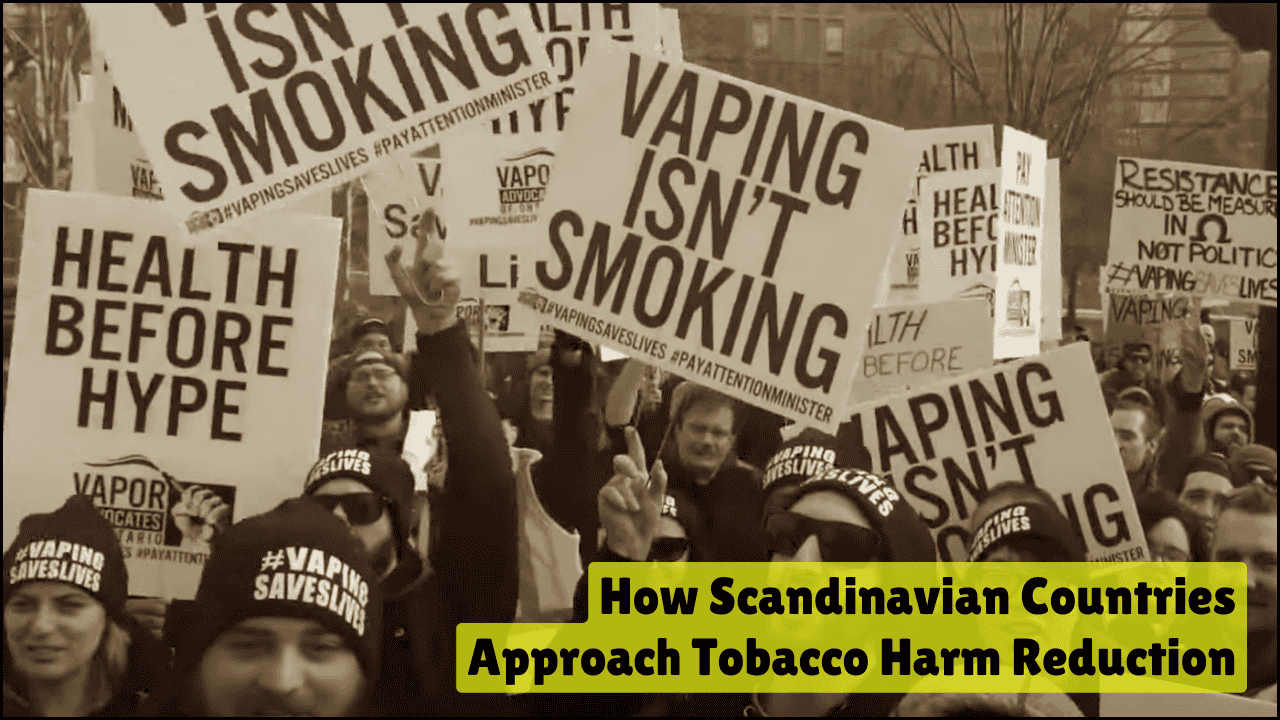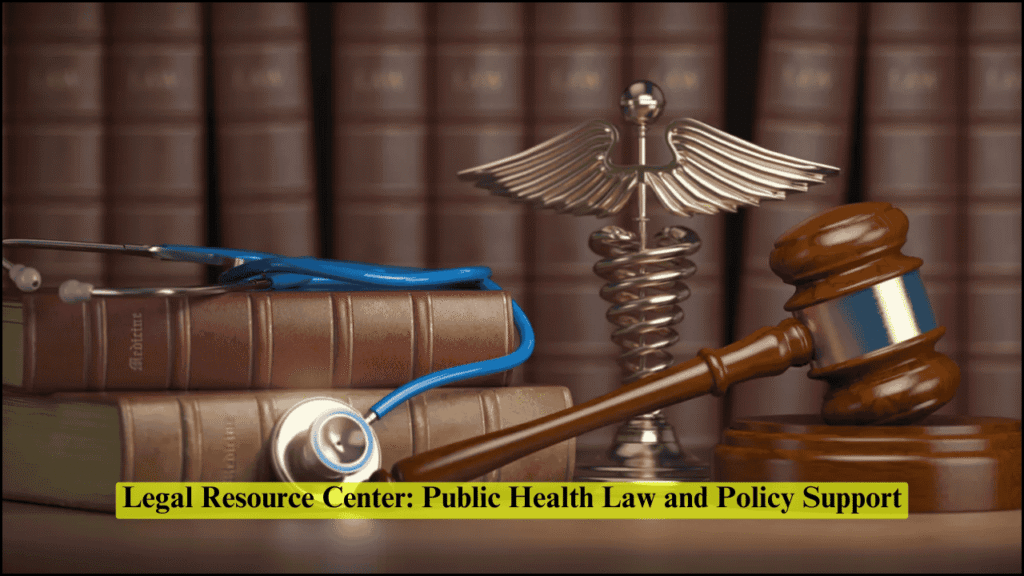
Public health often depends not only on medical advancements but also on the strength of laws and policies that regulate harmful practices, protect communities, and promote wellness. The Legal Resource Center (LRC) plays an essential role in this process by providing technical legal assistance, conducting research, and supporting lawmakers, public health officials, and organizations. The center’s work covers pressing issues such as tobacco control, cannabis regulation, gambling impacts, injury prevention, and school health initiatives. It also advances the growing field of legal epidemiology, highlighting how laws can act as both causes and solutions to public health challenges.
Table of Contents
About the Legal Resource Center (LRC)
- The Legal Resource Center supports state and local health departments, legislators, federal agencies, advocacy groups, and researchers.
- The center’s expertise lies in identifying how laws influence health outcomes, ensuring that evidence-based legal tools are used effectively.
- A major part of its work is training and assisting public health leaders in interpreting, developing, and enforcing health-related laws.
- The LRC integrates legal research, epidemiology, and policy development into its activities to strengthen health protections across communities.
Key Areas of Focus at the LRC
The LRC addresses multiple public health areas where legal strategies can make a strong difference.
Tobacco
- Tobacco use remains a leading cause of preventable disease and death.
- The LRC provides technical legal support on tobacco policies to legislators, health departments, and community organizations.
- Assistance includes drafting laws, reviewing regulations, and developing compliance strategies for tobacco control.
- The focus extends to reducing youth access, regulating flavored products, and strengthening smoke-free laws.
Cannabis
- Cannabis legalization raises complex public health challenges.
- The LRC assists policymakers in developing responsible cannabis laws that balance legalization with health protections.
- Legal advice focuses on youth prevention, advertising restrictions, impaired driving policies, and public education.
- The center helps Maryland and other regions navigate the shifting legal landscape of cannabis use.
Gambling
- Gambling, while a legal form of entertainment, has major social and health consequences when left unchecked.
- The LRC supports policymakers by guiding responsible gambling legislation, addiction prevention, and community safeguards.
- Legal strategies include licensing frameworks, advertising restrictions, and public health campaigns to minimize harms.
Injury Prevention
- Injuries remain a significant public health burden across age groups.
- The LRC provides legal research and technical assistance for injury prevention laws.
- Areas of focus include motor vehicle safety, workplace safety, firearm regulation, fall prevention, and product liability.
- The aim is to reduce injury-related morbidity and mortality through effective legal strategies.
School Health
- School environments are crucial for shaping lifelong health behaviors.
- The LRC assists educators, policymakers, and health officials with laws that improve student health and wellness.
- Focus areas include nutrition standards, physical activity requirements, mental health policies, and disease prevention.
- By promoting healthy school environments, the LRC contributes to long-term public health improvements.
Legal Epidemiology
- Legal epidemiology is the scientific study of law as a factor in health outcomes.
- The LRC helps researchers and policymakers measure the impact of laws on population health.
- This work involves tracking legal changes, evaluating implementation, and analyzing effectiveness.
- Legal epidemiology establishes evidence for policy-driven health interventions.
Public Health Law Clinic
- The LRC houses a Public Health Law Clinic where law students gain hands-on experience.
- Students work alongside attorneys on real-world cases, policy drafting, and legal analysis.
- The clinic strengthens the future public health law workforce by training professionals to combine legal skills with public health goals.
Center Activities Explained in Detail
The following table provides a structured overview of the LRC’s activities across focus areas:
| Focus Area | Primary Activities | Public Health Impact |
|---|---|---|
| Tobacco | Legal assistance on tobacco laws, policy drafting, and compliance support | Reduced smoking rates, fewer youth users, stronger smoke-free protections |
| Cannabis | Guidance on legalization, prevention policies, and health protections | Balanced legalization, prevention of misuse, and reduced health risks |
| Gambling | Policy guidance, addiction prevention strategies, and advertising restrictions | Minimized gambling-related harms, stronger regulatory frameworks |
| Injury Prevention | Research and legal aid for injury laws, motor vehicle safety, and workplace protections | Fewer injuries and deaths, safer environments |
| School Health | Legal and research support for wellness laws, nutrition, and mental health policies | Healthier schools, improved student well-being |
| Legal Epidemiology | Evaluation of laws, legal surveillance, and evidence-based health policy research | Stronger evidence for public health policies, improved legal responses |
| Law Clinic | Student training, casework, and legal research | Skilled public health law professionals |
Why the LRC Matters for Public Health
- Connection between law and health: Laws shape behaviors, access to resources, and exposure to risks.
- Prevention through policy: Instead of treating health problems after they occur, the LRC emphasizes preventive laws that stop problems before they begin.
- Support for policymakers: Legislators often lack technical expertise in health law, and the LRC bridges this gap.
- Nationwide influence: While based in Maryland, the LRC provides guidance across the United States, impacting communities nationwide.
Examples of Legal Strategies Supported by the LRC
| Public Health Issue | Example Legal Strategy | Expected Outcome |
|---|---|---|
| Tobacco Use | Flavor ban, higher excise taxes | Reduced youth smoking rates |
| Cannabis Legalization | Restrictions on advertising near schools | Lower youth exposure and use |
| Gambling | Mandatory responsible gambling messages | Increased awareness, fewer addiction cases |
| Injuries | Helmet laws for cyclists and motorcyclists | Reduced head injuries and fatalities |
| School Health | Nutrition standards in school cafeterias | Improved child nutrition and reduced obesity |
| Legal Epidemiology | Database of state-level health laws | Better tracking and analysis of public health policies |
Future Directions of the LRC
- Expansion of legal epidemiology databases for stronger evidence-based policymaking.
- Increased focus on emerging health challenges such as vaping, digital gambling platforms, and new injury risks.
- Greater collaboration with schools, advocacy groups, and national agencies.
- Continued training of future public health lawyers through the law clinic.
Looking Ahead
Public health benefits not only from medical care but also from strong legal frameworks that protect communities from preventable harms. The Legal Resource Center demonstrates how law can be used as a proactive tool to reduce risks, promote wellness, and guide policymakers toward evidence-based decisions. Through its work on tobacco, cannabis, gambling, injury prevention, school health, and legal epidemiology, the center establishes a foundation for healthier populations. By combining research, technical assistance, and student training, the LRC ensures that legal strategies remain central to the fight for better public health.


